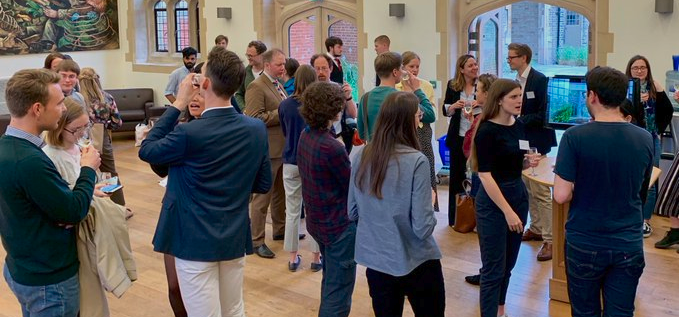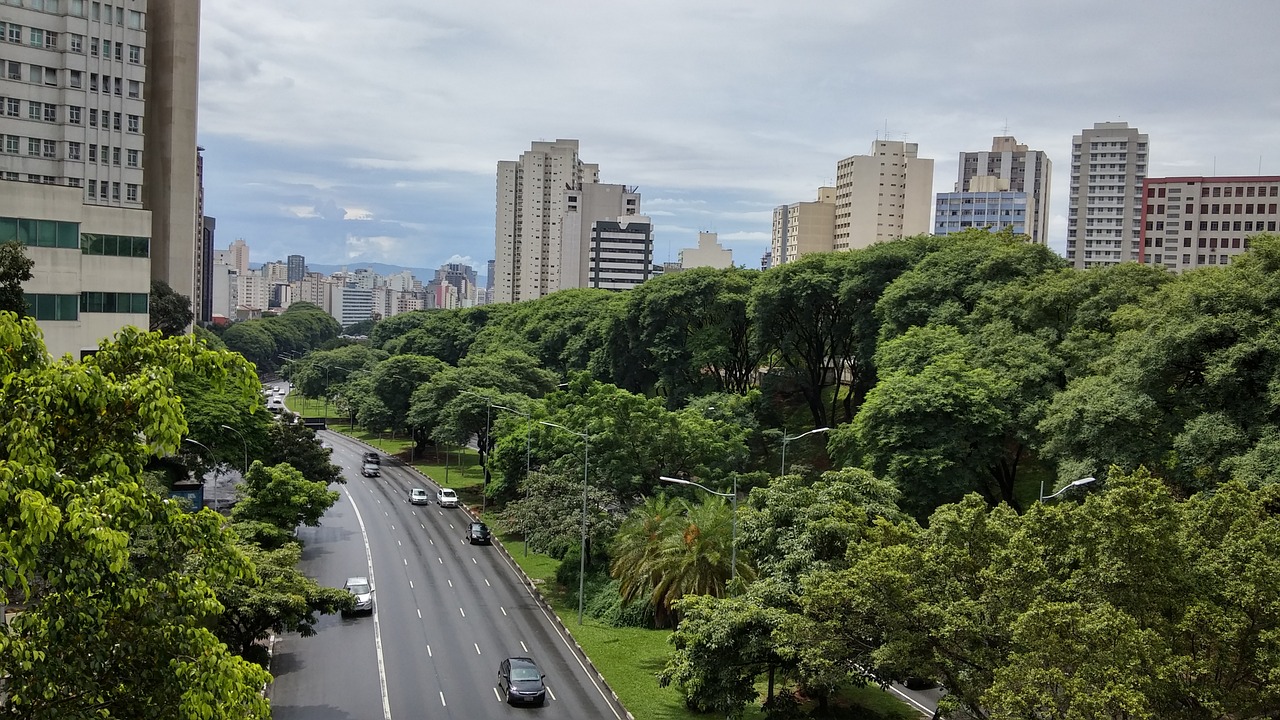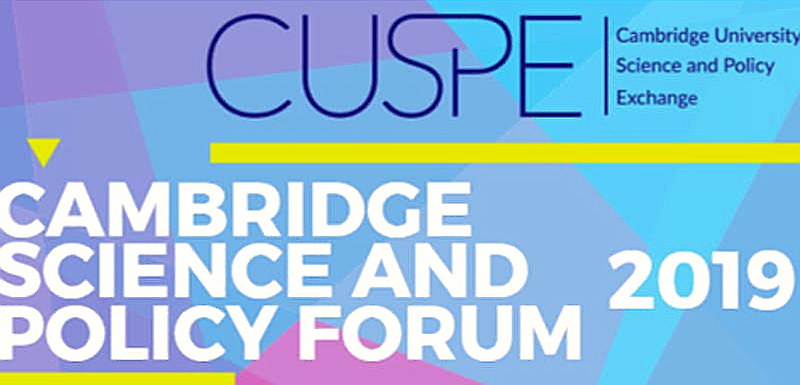A cognitive perspective on addressing societally-induced gender differences in STEM subjects
By Matija Franklin, Elif Naz Çoker, Johnny Hugill, Rebecca Lees
Gender is one of the first categories to which children are introduced, and one of the first traits with which adults define children. As such, people hold gender-specific stereotypes and have gendered expectations. Research on the formation of gender identities and roles in early childhood has established that boys and girls are treated in a gendered way by the adults in their lives, be it parents, teachers, or even strangers.
Most adults make gendered associations and categorisations and treat children in relation to these gendered categorisations. The gendered treatment children receive introduces them to gender social norms, which shape their beliefs about what is expected of them in relation to their gender. This, will, in turn, influence how children view themselves and their capabilities. Read full article ↵







